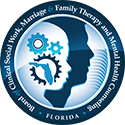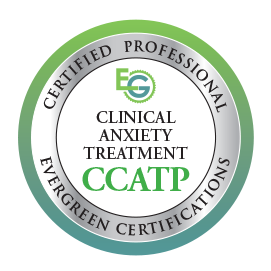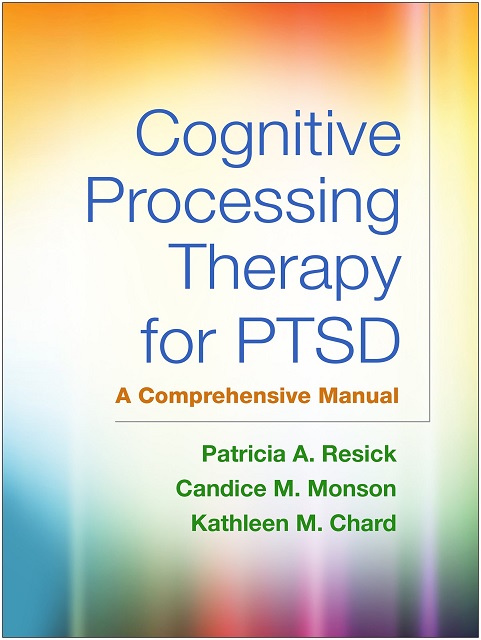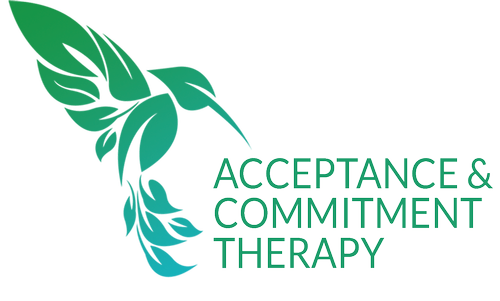Qualifications and Training
LMHC
I have met requirements for the state of Florida to obtain my licensure in the field of mental health which includes earning a Master’s Degree in mental health counseling from an accredited university, minimum two year internship post-master’s degree, and satisfying over 1,500 hours of client contact and treatment.

QS
Per the Florida Board of Behavioral Health, I have met requirements of licensure, experience in the field, and colleague recommendation to provide supervision to interns who are working towards licensure as a mental health counselor or a marriage and family therapist.

NCC
NCC counselors are board certified counselors who offer the highest standards of practice because they have met stringent education, examination, supervision, experience, and ethical requirements.

CCATP
This is additional training and continuing education to refine clinical skills in relation to treating all anxiety disorders. In working within this niche, anxiety can manifest in many forms and in many different mental illnesses. Early in my career, it became incredibly obvious that the manifestations of anxiety can cause irreparable harm to an individual and impact their daily living, their loved ones, and their overall quality of life. It was then I began my own goal of mastering treating anxiety disorders and helping clients achieve a life where they are not just alive, but living their full potential without worrying, without panic attacks, and without an overwhelming sense of fear clouding their minds

CPT
Cognitive Processing Therapy (CPT) is a cognitive-behavioral therapy (treatment that focuses on thoughts and feelings) for Posttraumatic Stress Disorder, or PTSD, and related conditions. PTSD can develop when an individual experiences a traumatic event such as physical and sexual abuse or assault, accidents, threats, military combat, or being a witness to violence or death. CPT focuses on the connections between thoughts, feelings, behavior and bodily sensations. CPT is an evidenced based therapy which means that it has been proven to be effective through rigorous scientific research.
CPT provides a way to understand why recovery from traumatic events is difficult and how symptoms of PTSD affect daily life. The focus is on identifying how traumatic experiences change thoughts and beliefs, and how thoughts influence current feelings and behaviors. An important part of the treatment is addressing ways of thinking that might keep individuals “stuck” and get in the way of recovery from symptoms of PTSD and other problems.
Reference: www.cptforptsd.com/about-cpt/

ART
Accelerated Resolution Therapy, often referred to as ART, is a form of psychotherapy with roots in existing evidence-based therapies but shown to achieve benefits much more rapidly (usually within 1-5 sessions). Clients suffering from trauma and other mental health problems such as Anxiety, Depression, Phobias, Panic Attacks, Obsessive Compulsive Disorder (OCD), Post Traumatic Stress Disorder (PTSD), Addictions/ Substance Abuse , Performance Anxiety, Family Issues, Victimization/Poor Self Image, Victimization/Sexual Abuse, Relationship Issues/Infidelity, Codependency, Grief, Job Related Stress, Pain Management, Memory Enhancement and many other mental and physical conditions can experience remarkable benefits starting in the first session.
Reference: https://acceleratedresolutiontherapy.com/what-is-art/

ACT
Acceptance and Commitment Therapy (ACT) is an incredible alternative to CBT and DBT therapies where they may have been unsuccessful or worked short-term. ACT addresses psychological flexibility through mindfulness and acceptance strategies. Based on Relational Frame Theory, ACT illuminates the ways that language entangles clients into futile attempts to wage war against their own inner lives. Through metaphor, paradox, and experiential exercises clients learn how to make healthy contact with thoughts, feelings, memories, and physical sensations that have been feared and avoided. Clients gain the skills to recontextualize and accept these private events, develop greater clarity about personal values, and commit to needed behavior change.
Reference: https://contextualscience.org/act

